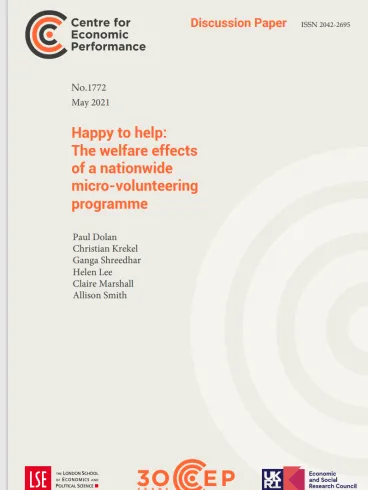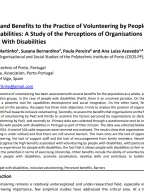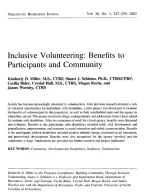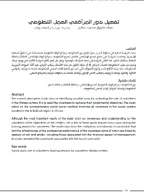
Happy to help: The welfare effects of a nationwide micro-volunteering programme
Fast read
This paper estimates the causal effect of volunteering on well-being in the context of the United Kingdom’s National Health Service (NHS) Volunteer Responders programme, which was set up in response to the Covid-19 pandemic.
Summary
-
Using a sample of over 9,000 volunteers, the oversubscription of the programme and the random assignment of volunteering tasks to estimate causal well-being returns, across multiple counterfactuals was analyzed.
-
The study finds that volunteering had strong, positive effects on the well-being of volunteers, raising their overall life satisfaction and feelings of worthwhileness, as well as their feelings of social connectedness and belonging to their local communities.
-
A social welfare analysis showed that the benefits of the programme were at least 140 times greater than its costs.
-
The findings advance knowledge of the ways in which pro-social behaviours can improve personal wellbeing as well as social welfare.




















